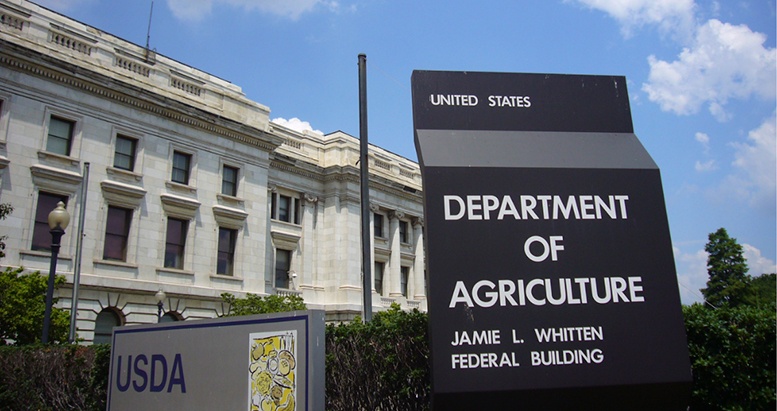Hemp growers may not expand their cannabis interests by producing marijuana, the U.S. Department of Agriculture (USDA) is reminding stakeholders.
USDA has revoked hemp licenses and warned hemp farmers in several states that holding both hemp and marijuana permits is illegal under federal regulations. Those rules apply to hemp farmers who operate directly under USDA as well as those governed by USDA-approved state programs, the agency has said.
Farmers in Vermont, Mississippi and Missouri are among those affected, according to reports.
Conflicting rules
The 2018 Farm Bill made hemp production legal across the U.S. But while many states have legalized marijuana, it remains banned as a drug at the federal level. The result is “a unique jurisdictional and regulatory landscape,” USDA admits.
Under the Farm Bill, state hemp programs must be approved by the USDA, which also directly oversees hemp farmers in eight states that do not have state programs.
Laws and regulations for hemp and marijuana production have evolved since 2018 and are still in flux, USDA has observed. But federal rules banning marijuana cultivation by hemp growers are clear, according to the agency, which said it treats all growers the same.
Stakeholders pushback
Stakeholders say it’s unclear that current USDA rules prohibit holding both kinds of cannabis licenses, and that regulatory language could be interpreted to specify only that a farmer cannot grow hemp and cannabis on the same land under the same license.
The jurisdictional conflict is best illustrated by Colorado and Oregon, both of which have state hemp programs that do not specifically bar hemp growers from raising marijuana. In fact, both states provide guidelines for how dual licensees should keep their hemp and marijuana crops separate – implying that such dual operations are legal.
Hemp and marijuana programs in Colorado have been operating alongside each other for more than a decade. Under the state’s USDA-approved hemp plan, there is no explicit prohibition against stakeholders being licensed for both types of cannabis; the matter simply is not addressed in the state’s rules. And state officials say the matter of dual licensing did not come up when USDA audited Colorado’s hemp program earlier this year.
Turning to THC
Stakeholders who started growing hemp for CBD flowers – the sector that has dominated the industry since hemp became legal in 2018 – turned to the THC market after a massive crash in CBD extract sales took hold beginning in 2019. While a small number have taken up marijuana cultivation, many such operators started directing their pent-up supplies of CBD to makers of synthetic forms of high-producing compounds such as delta-8 THC and HHC.
The dispute over dual licensing could be clarified in the next federal Farm Bill, which was expected to be completed this year, but which has now been pushed back to late 2024.
With reports from Politico, Marijuana Moment

